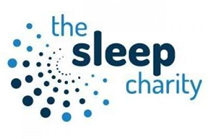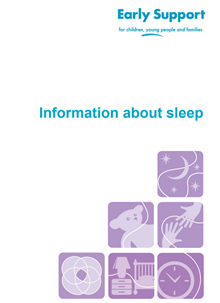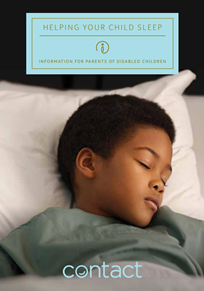Sleep
Lots of people struggle with their sleep, children and adults alike. This can lead to them feeling tired, emotional and under stress the next day. Long term sleep deprivation can have a major impact on a person.
It is not uncommon for children/adults with ASC to have sleep difficulties. Whether they struggle to communicate how they’re feeling, have increased anxiety, sensory issues or social cueing problems, sleeping well may be difficult.
Research estimates that between 40-80% of children and young adults with autism have sleep problems. If your child or young person regularly has difficulty falling asleep or staying asleep, it may be a sign of a sleep issue.
Sleep difficulties can lead to behavioural problems, hyperactivity, and poor learning amongst other things.
Things that can affect sleep are:
- Bedroom environment
- Noise
- Light
- Sensory Needs
Lots of children’s/YP sleep difficulties are behavioural and there are things that can help such as having a strong bedtime routine, turning off all screens and devices at least 1 hour before bedtime, and having a good sleep environment. The Sleep Charity have some useful information on bedtime routines.
Melatonin – this is a hormone produced naturally by our bodies which helps us sleep. Some people don’t produce enough melatonin and may need to have it prescribed. This is usually done by a paediatrician, however behavioural approaches to sleep difficulties should always be tried first. You can access support through the sleep clinic (sleep clinic info)
Useful links
The Children's Sleep Charity can provide support for families and training for professionals.

The Council for Disabled Children have created a guide to early support information on sleep.

Contact have a free guide to helping your child sleep.

